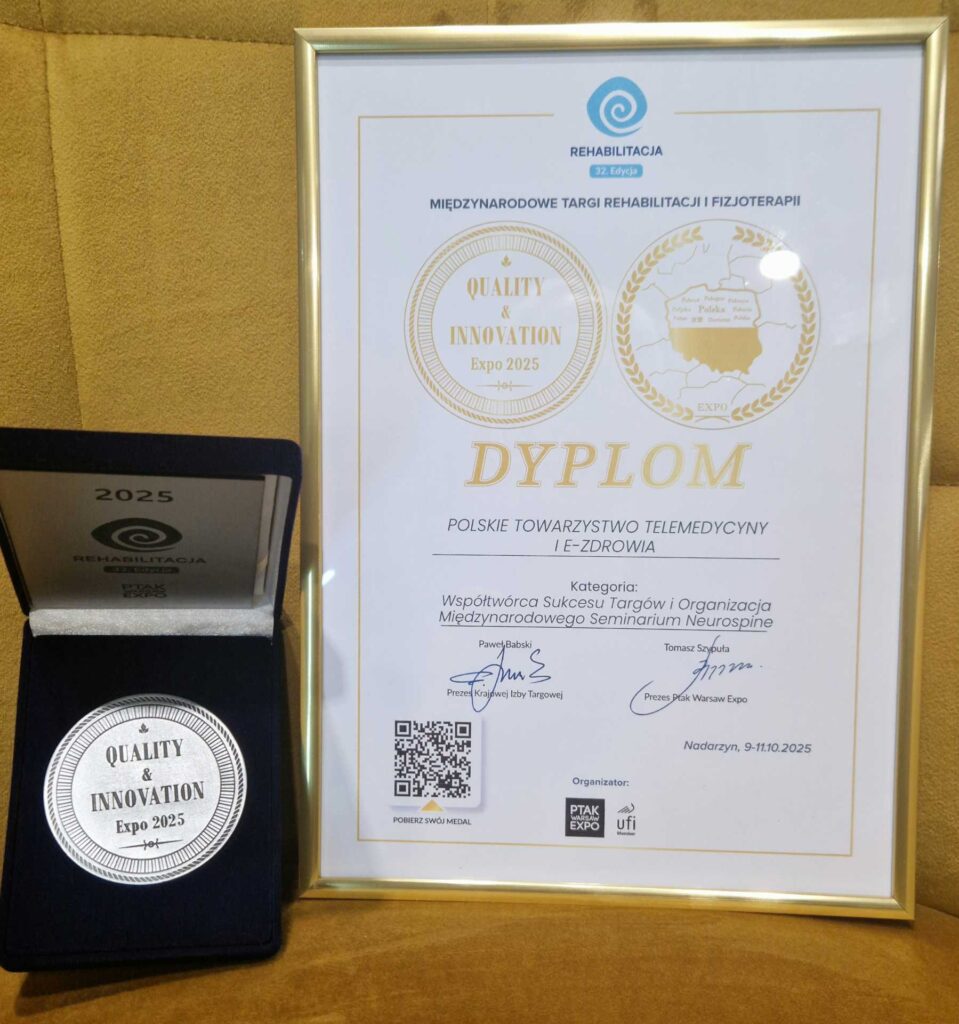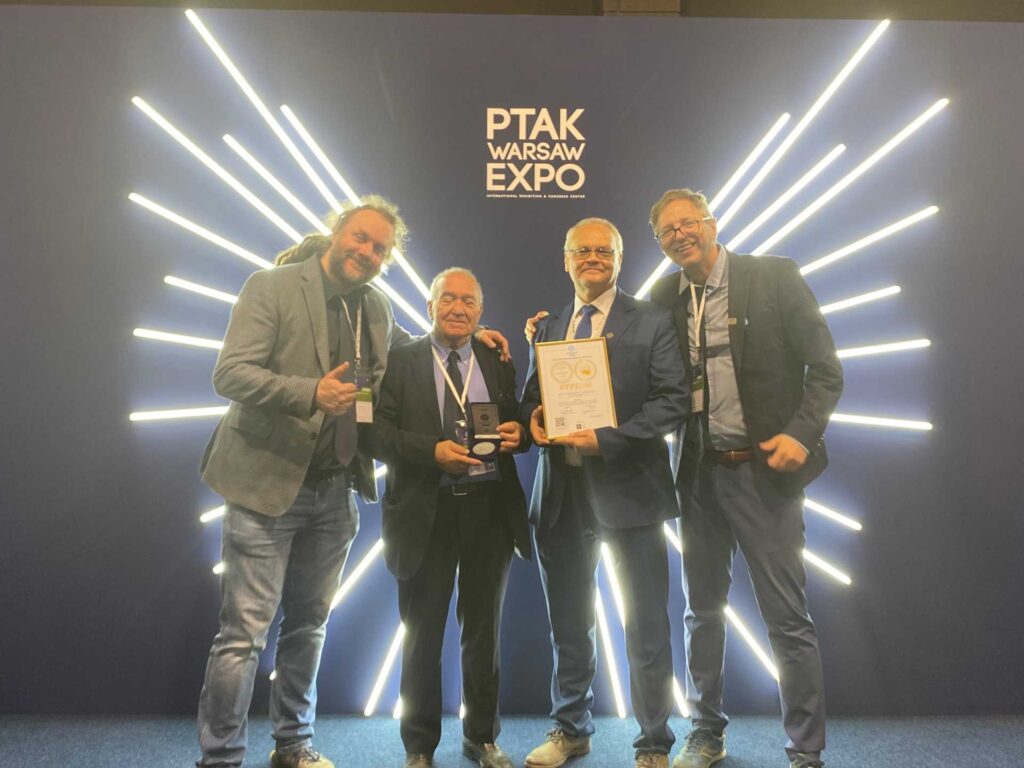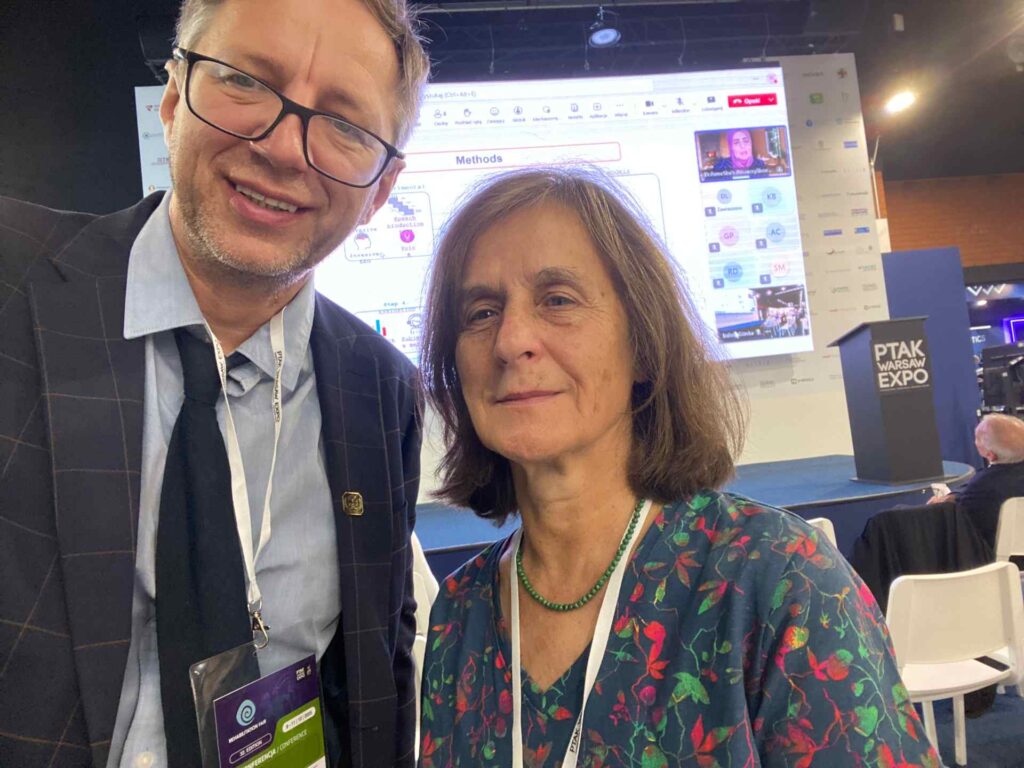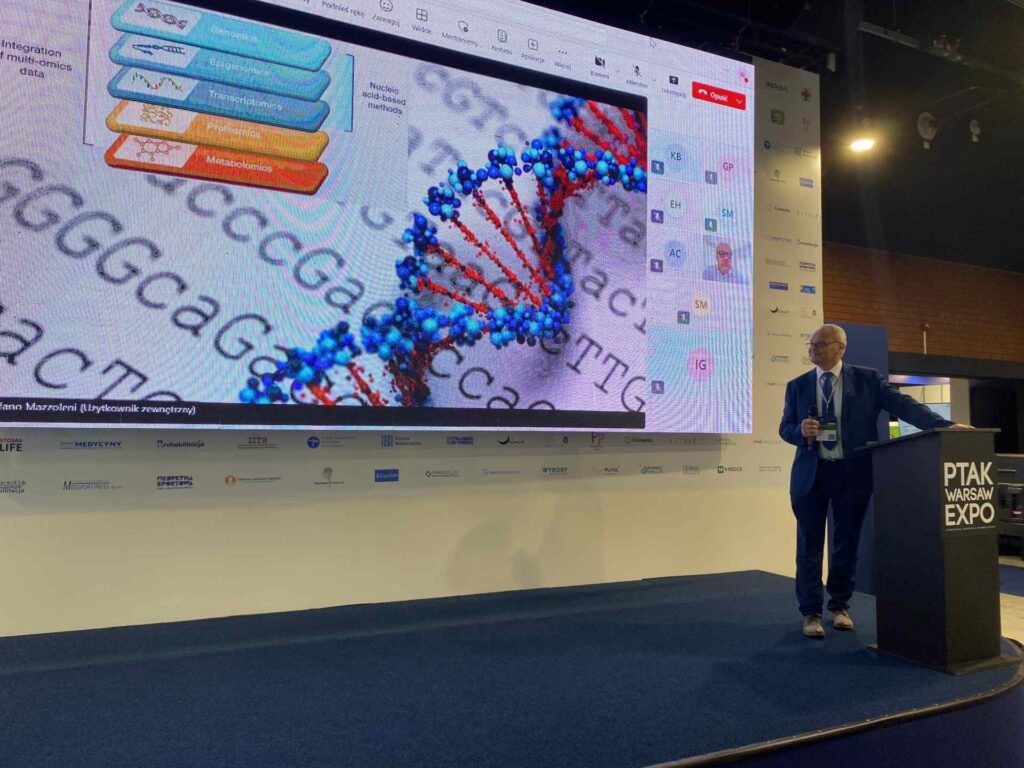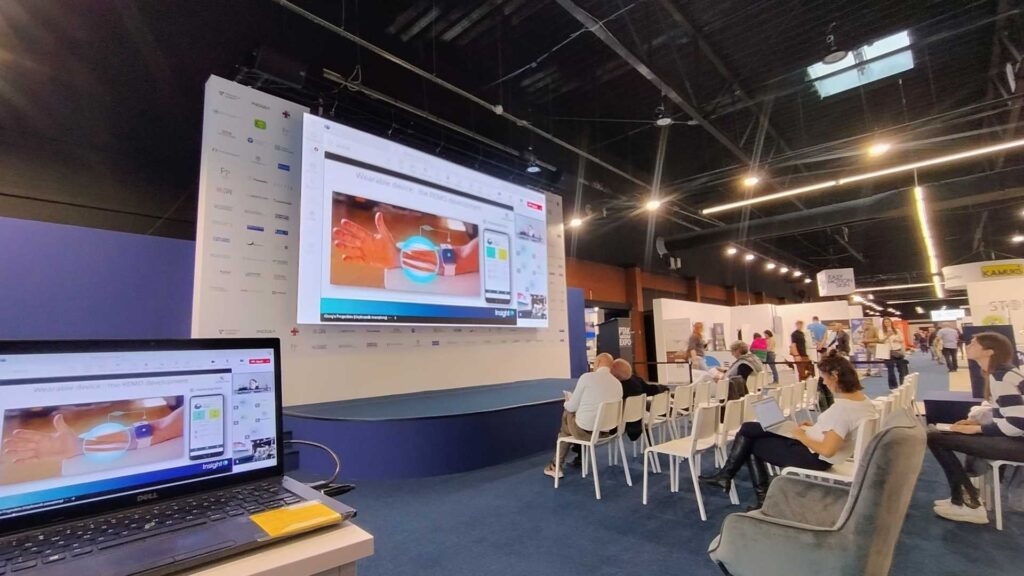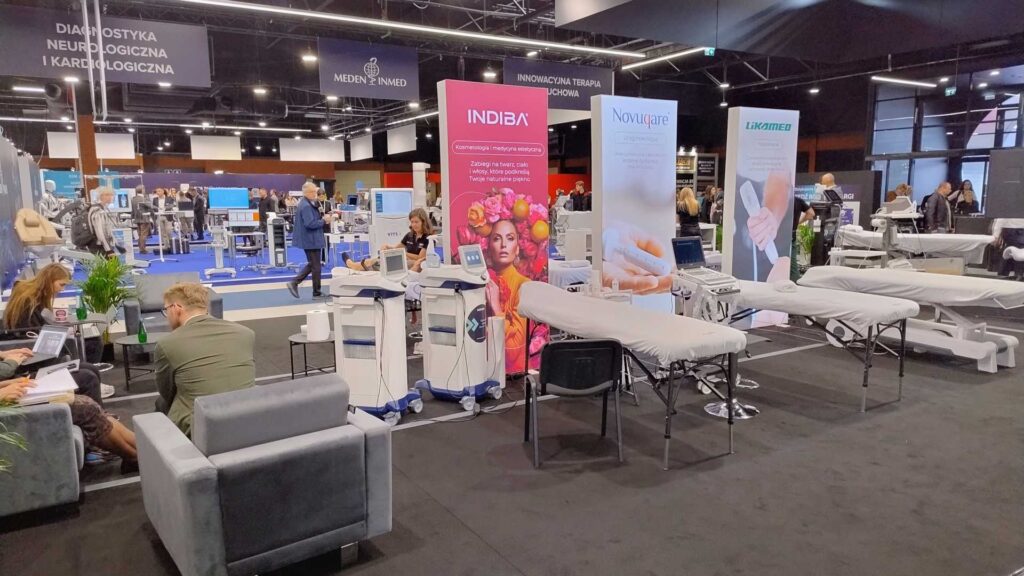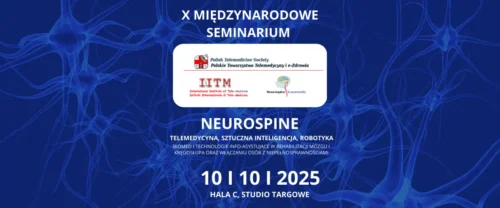 This year edition of NeuroSpine International Workshop [1] takes place in Warsaw POLAND on 2025-10-10 and is dedicated to Telemedicine, Artificial Intelligence, Robotics, BioMedical and InfoAssistive Technologies in Brain and Spinal Rehabilitation and Inclusion of People with Disability. Organized by the International Institute of TeleMedicine (Italy) and International NeuroSpine Community, this year supported by the Polish Telemedicine Society and Ptak Warsaw Expo. Program is attached below.
This year edition of NeuroSpine International Workshop [1] takes place in Warsaw POLAND on 2025-10-10 and is dedicated to Telemedicine, Artificial Intelligence, Robotics, BioMedical and InfoAssistive Technologies in Brain and Spinal Rehabilitation and Inclusion of People with Disability. Organized by the International Institute of TeleMedicine (Italy) and International NeuroSpine Community, this year supported by the Polish Telemedicine Society and Ptak Warsaw Expo. Program is attached below.
NeuroSpine 2025 is part of International Rehabilitation Forum 2025 [2] that takes place on 9-11 October 2025 hosted by Ptak Warsaw Expo [3]. Please register in advance online for free. See you there!
 [1] https://targirehabilitacja.pl/wydarzenia/?konferencja=x-miedzynarodowe-seminarium-neurospine-2025
[1] https://targirehabilitacja.pl/wydarzenia/?konferencja=x-miedzynarodowe-seminarium-neurospine-2025
[2] https://targirehabilitacja.pl/en/conferences/
[3] https://warsawexpo.eu/
